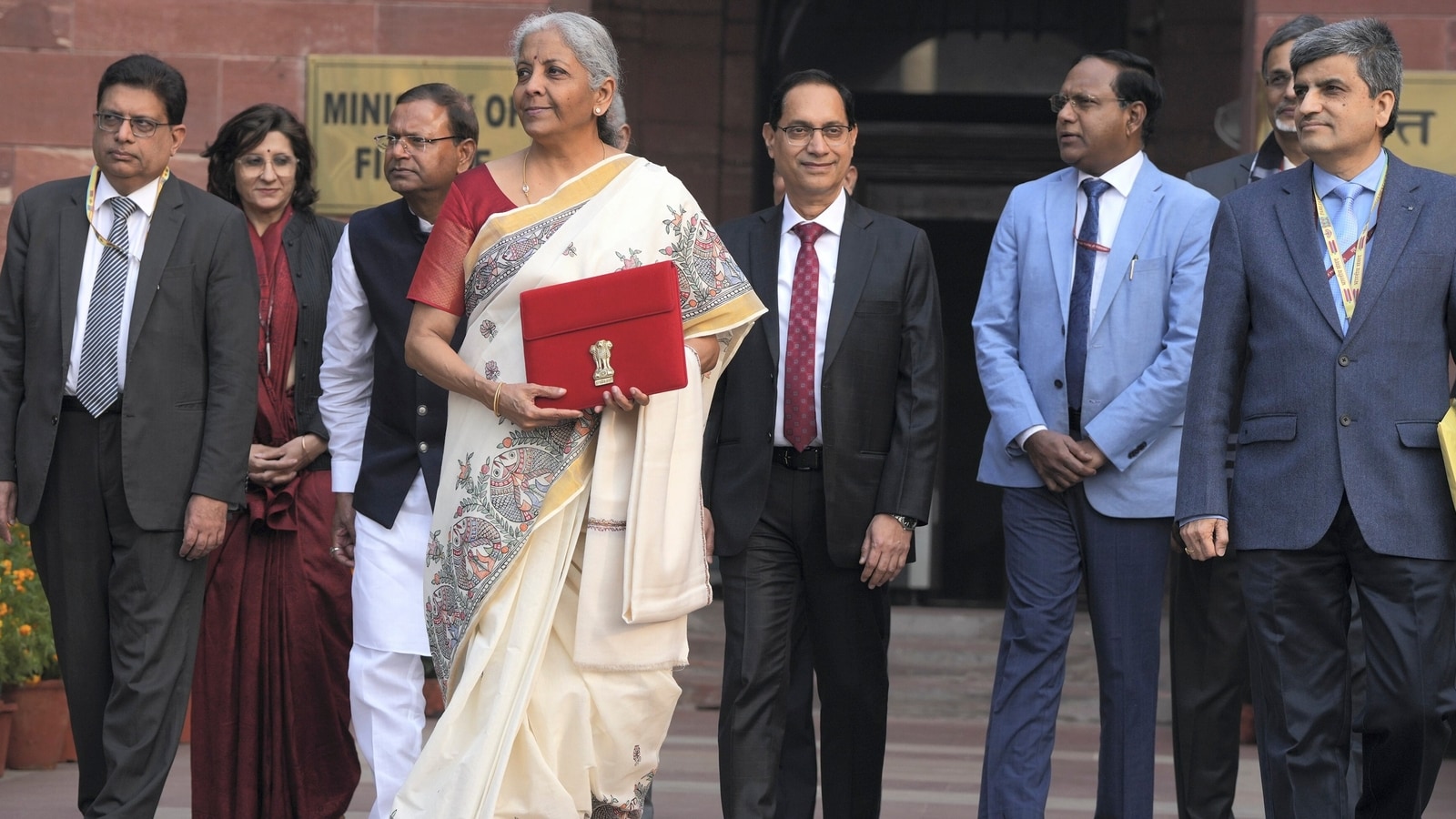The Central Board of Indirect Taxes and Customs (CBIC) has taken a significant step towards ensuring uniformity in Goods and Services Tax (GST) audits across central and state levels, particularly focusing on the banking sector. CBIC Chairperson, Sanjay Kumar Agarwal, announced the implementation of common audit norms for GST officials, aiming to streamline audit procedures and provide better assurance to banks.
Common Audit Plan for Banks:
- The CBIC issued a common minimum audit plan for banks in April, providing guidelines for audit officers from both central and state levels.
- This initiative aims to facilitate efficient, focused, transparent, and coordinated audits, ensuring consistency and clarity in audit procedures.
Synergy Between Centre and States:
- Agarwal highlighted the common audit plan as a stellar example of synergy between the Centre and states in implementing indirect tax policies.
- The objective is to create uniformity in GST audits nationwide, enhancing predictability for businesses and ensuring audit consistency across different regions.
Scope of GST Audits:
- GST audits primarily focus on reviewing the genuineness of declared sales, taxes paid, refunds availed, and Input Tax Credit (ITC) claimed by businesses.
- The common minimum audit plan is expected to enable comprehensive audits in the banking sector, which is considered complex but well-organized.
Expansion to Other Sectors:
- Besides banking, similar audit plans may be extended to other complex industries such as insurance and telecom, enhancing audit efficiency and effectiveness.
Mutual Recognition Agreements (MRAs) with Australia:
- Agarwal also informed field officers about a new agreement signed between Indian and Australian authorities to enhance “trust-based” ease of merchants from both countries.
- The agreement focuses on mutual recognition of Authorized Economic Operator (AEO) programs, which offer specific privileges to trusted merchants engaged in international trade.
Benefits of MRAs:
- MRAs facilitate smoother business operations by providing privileges such as quicker clearance of shipments, lower inspection charges, faster tax refunds, deferred duty payment, and self-declaration of goods’ origin.
- Indian merchants can now avail these benefits in countries that have signed MRAs with India, promoting international trade facilitation and ease of doing business.
The implementation of common audit norms and mutual recognition agreements signifies a proactive approach by CBIC towards enhancing transparency, efficiency, and trust in the GST framework, benefiting both businesses and tax authorities alike.
Visit www.cagurujiclasses.com for practical courses











